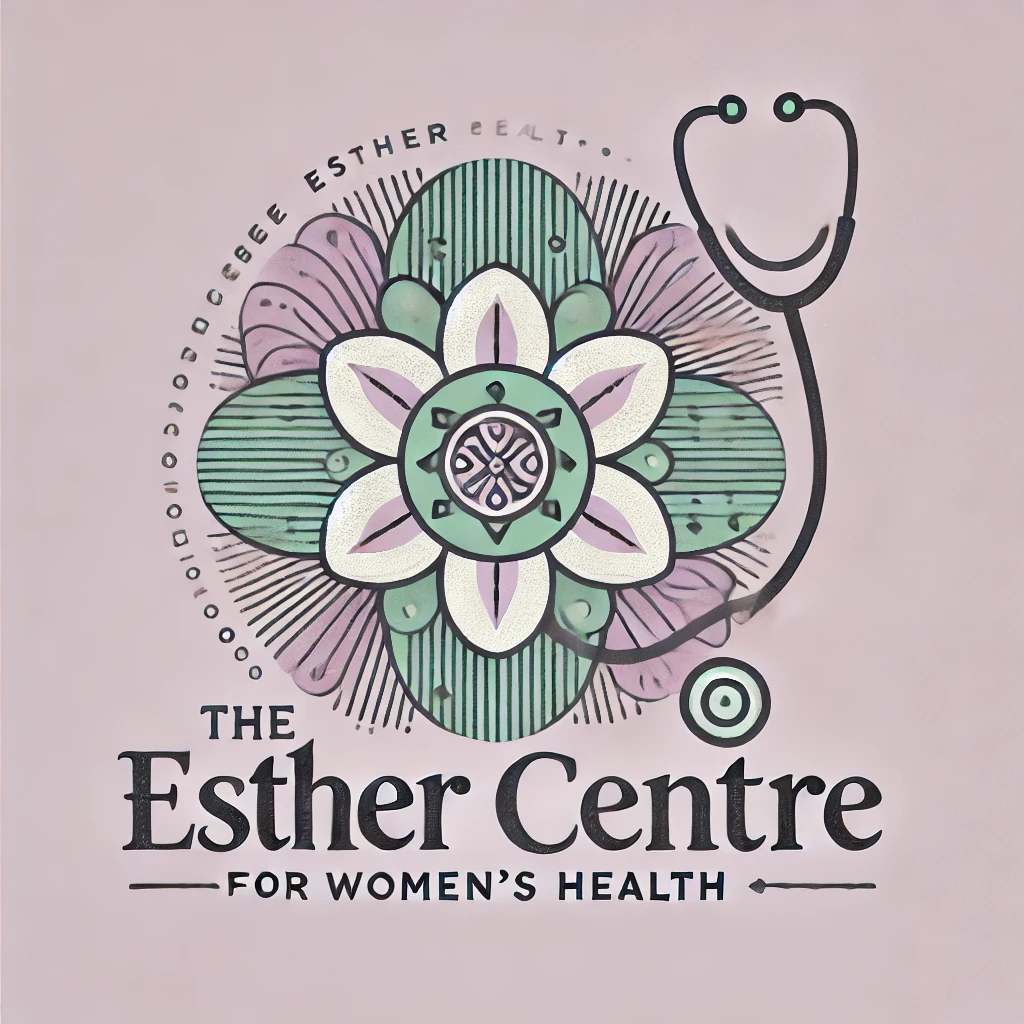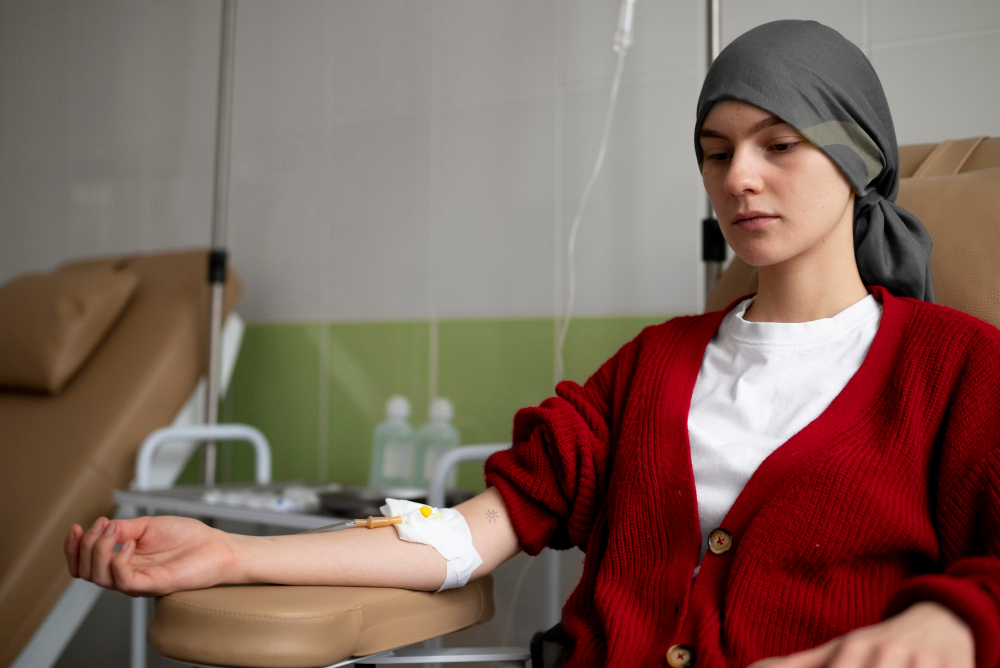Patient’s Situation:
Sophie, a 30-year-old woman, has been diagnosed with early-stage ovarian cancer. She has not had children yet but hopes to start a family in the future. Sophie meets with two healthcare consultants to discuss her treatment options.
Consultant 1: Mr. Taylor, a gynaecological oncologist, recommends fertility-sparing surgery. This involves removing only the affected ovary and fallopian tube, leaving the other ovary and uterus intact, which would preserve Sophie’s ability to conceive naturally. Mr. Taylor explains that, given her desire for children and the early stage of the cancer, this approach could balance effective treatment with fertility preservation. However, there is a small risk that the cancer could return, and she would need careful monitoring.
Consultant 2: Dr. Stevens, another gynaecological oncologist, advises a total hysterectomy and removal of both ovaries and fallopian tubes. He stresses that this is the most definitive treatment to ensure the cancer is completely removed and prevent recurrence. While this would eliminate the possibility of conceiving naturally, Dr. Stevens suggests egg freezing and surrogacy as alternative routes for Sophie to have children in the future.
Sophie’s Reaction:
Sophie feels confused and distressed. Both consultants are highly experienced, yet their recommendations are very different. Mr. Taylor’s suggestion offers the possibility of motherhood, which Sophie deeply values, but she is anxious about the risk of the cancer returning. On the other hand, Dr. Stevens’ recommendation of a more radical approach feels safer in terms of her long-term health, but the thought of losing her fertility is deeply upsetting.
Why the Opinions Differ:
- Risk Management: Mr. Taylor focuses on balancing cancer treatment with preserving Sophie’s fertility, taking into account her personal goals. Dr. Stevens prioritises a more definitive treatment to minimise the risk of recurrence, even if it comes at the cost of fertility.
- Different Treatment Approaches: While both consultants are following evidence-based guidelines, they have different approaches to managing risk and treatment outcomes.
- Personal Philosophy: Some consultants are more willing to accept a degree of uncertainty to preserve fertility, while others favour a more aggressive approach to ensure the highest chance of being cancer-free.
How Sophie Can Cope:
- Ask for Detailed Explanations: Sophie could ask both consultants to explain the risks, benefits, and long-term outcomes of each option in more detail, especially regarding the chances of recurrence and her fertility.
- Multidisciplinary Team (MDT) Meeting: Sophie could request that her case be discussed by a broader team of specialists, including fertility experts and oncologists, to provide her with a more rounded perspective on the best course of action.
- Fertility Counselling: Speaking with a fertility specialist could help Sophie explore options such as egg freezing, IVF, or surrogacy, giving her more clarity about her future family planning.
- Seek a Third Opinion: Sophie could consider seeking another opinion to help her make a well-informed decision that aligns with both her health and personal values.
Why This Happens:
- Different Priorities: Consultants often weigh the risks and benefits of treatment differently, depending on the patient’s circumstances. Mr. Taylor is prioritising Sophie’s fertility, while Dr. Stevens is focusing on her long-term survival and reducing the risk of cancer recurrence.
- Patient-Centred Care: Each consultant interprets Sophie’s personal goals differently. Mr. Taylor’s approach is shaped by Sophie’s desire to have children, while Dr. Stevens is more focused on a definitive cure.
Though receiving different opinions can be upsetting for Sophie, these differing views reflect the complexity of cancer care, particularly for young women with fertility concerns. By seeking further advice and understanding her options, Sophie can make the choice that best aligns with her values and future aspirations.



